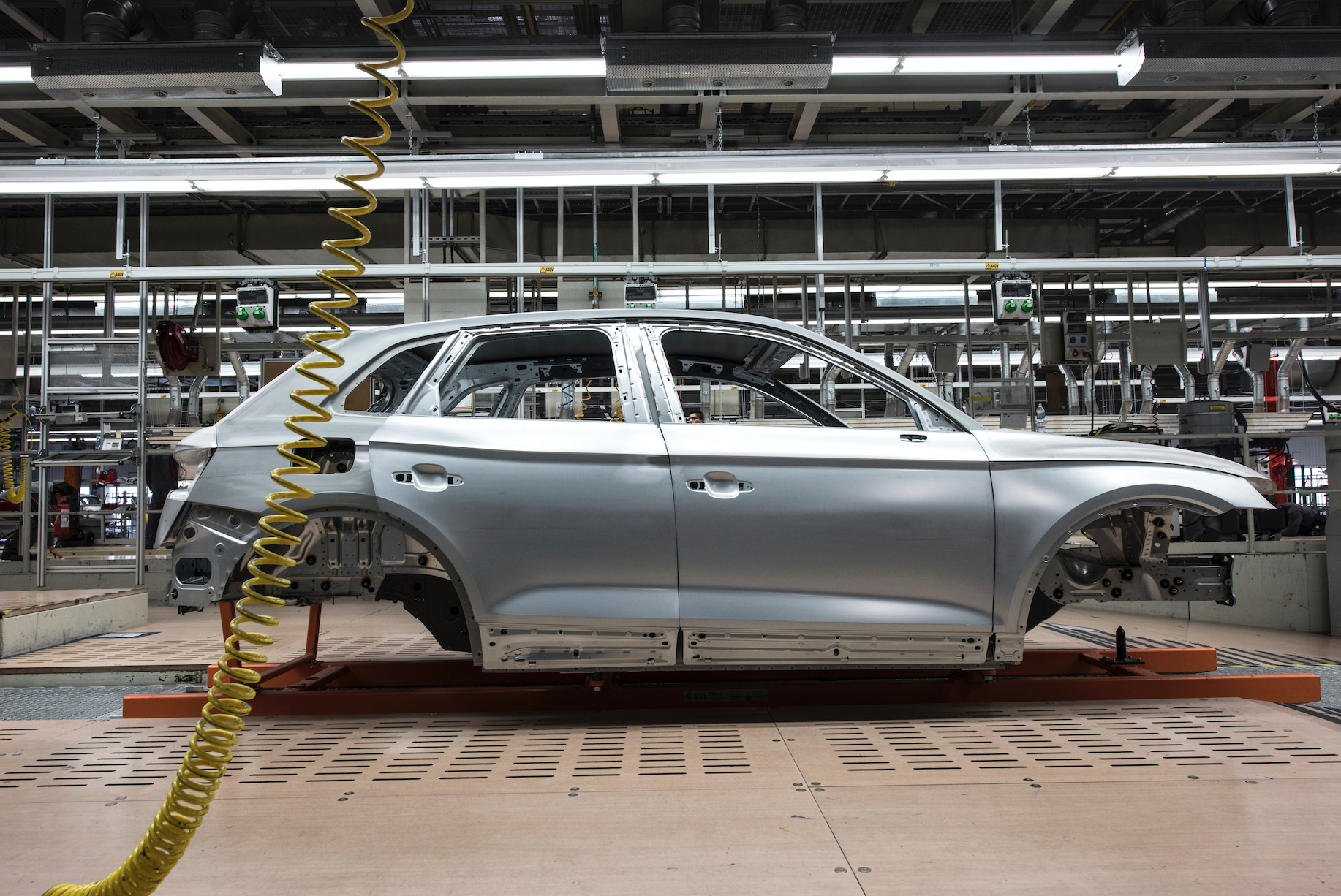Carmakers will find alternative component suppliers and reorganise production amid Ukraine-war induced supply chain disruption, but this process will take time and lead to further manufacturing delays, says Fitch Ratings.
The war in Ukraine represents another burden putting the post-pandemic recovery of global new vehicle sales at risk, while the global chip shortage affecting automotive production has not yet been fully resolved, according to Fitch Ratings. “We expect production to be hit by potential disruption in supply chains and logistics at a time when inventories are already low,” the credit ratings agency says.
“Fitch expects sales to be affected by rising raw material prices and oil prices, which could also deter consumers. Consumer confidence, a driver of new vehicle sales, could be hit by a prolonged conflict,” it adds in a report sent to Kallanish.
Several carmakers have announced the suspension of production at Russian assembly plants or European factories because of logistics issues due to component shortages and supply bottlenecks.
Renault is seen as the most exposed to the Russian crisis. Russia is the French carmaker’s second-largest market and generates 20-25% of its unit sales. Sales in Russia are mostly performed by its local subsidiary AvtoVAZ, in which it has a 67.6% stake. Fitch expects new vehicle sales in Russia to fall sharply in 2022, which should hit Renault due to its significant domestic market share.
In the metals and mining segment, meanwhile, Russia’s invasion of Ukraine has prompted a sharp increase in metals prices, while sanctions on commodities could lead to further rises, benefitting mining companies. However, this will be partly offset by rising costs due to sharply higher energy prices, Fitch concludes.
Adam Smith Germany






